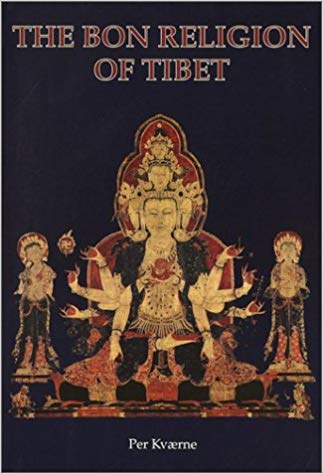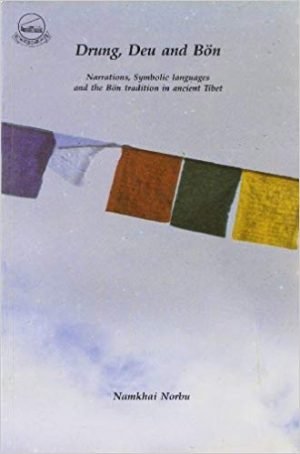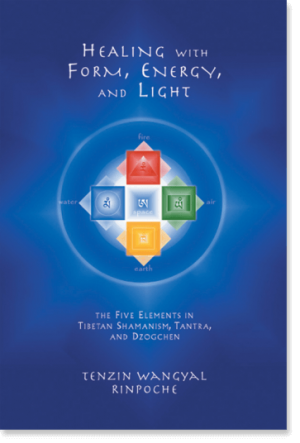Description
The Bön religion claims to be the original and authentic religion of the Tibetan people, and to have been firmly established in the Land of Snows long before Buddhism was introduced in the seventh century AD. Although its adherents were gradually reduced to a minority, Bön has nevertheless continued to flourish in many areas up to the present day in Tibet, especially in the eastern and north-eastern regions where a reconstruction and renaissance is taking place, as well as within the Bön community in exile in India. The iconography of the Bön religion is presented through a series of thangkas, miniatures and bronzes from public and private collections in the West, as well as from communities within Tibet and in exile. With a few exceptions they are hitherto unpublished and date from the late fourteenth to mid-twentieth centuries. The peaceful, tutelary, protector and local deities as well as the Bön siddhas, lamas and dakinis are identified and fully described by means of excerpts from ritual or biographical texts which are translated here for the first time.
Author:
Per Kvaerne is Director of the Institute for the Comparative Research in Human Culture, Oslo, and Professor of the History of Religions and Tibetology, University of Oslo. He has been a member of the Norwegian Academy of Science and Letters since 1976 and was Convenor of the Sixth Conference of the International Association for Tibetan Studies in 1992. Besides a particular interest in the history, literature and art of the Bon religion, his field of research is late Indian tantric Buddhism and he has published An Anthology of Buddhist Tantric Songs: A Study of the Caryagiti, Oslo, 1977.



